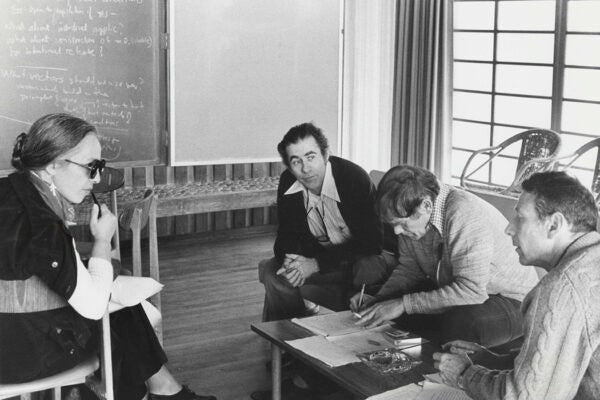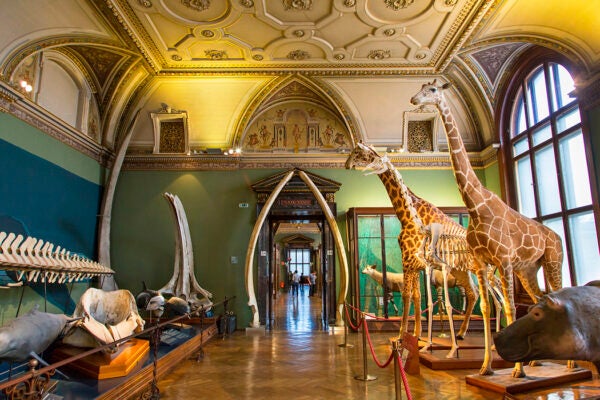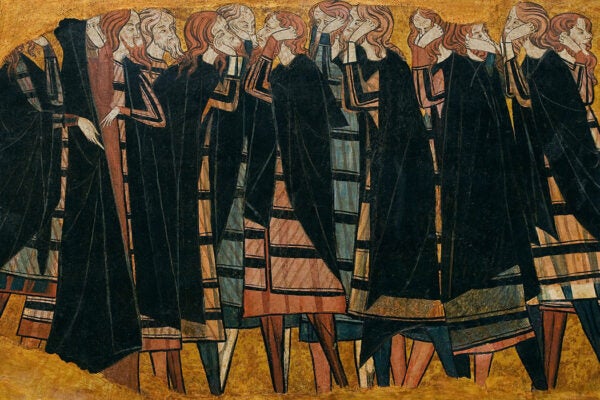The Legacy of Asilomar
The 1975 scientific conference laid the ground rules governing the next half century (and counting) of biological research and public scrutiny of it.
Science in War, Science in Peace: The Origins of the NSF
The 1950 establishment of a federal agency devoted to space, physics, and more belied a cross-party consensus that such disciplines were vital to national interest.
Natural History: A Reading List
This annotated bibliography samples scholarship on the rich—and difficult—history of natural history.
Man of Science, Man of God
In The Water-Babies, Charles Kingsley parodied the dogmatic belief held by many in Victorian England that faith and reason are incompatible.
Industrial Policy via Women’s Magazines
In the early 1900s, women’s magazines helped both women and men grapple with China’s fast-changing world of technology and industrial activity.
Theologies of Emotion in Medieval Europe
The framework used by theologians to understand emotions changed in the Middle Ages, thanks in part to new translations of Arabic texts.
How Sports Shaped Glacier Science
The heroic masculinity that governed early glacial science had its roots in nineteenth-century British sporting culture.
The Case of the Volcano on the Moon
In 1958, Soviet astrophysicist Nikolai A. Kozyrev claimed there was an active volcano on the Moon. Dutch American astronomer Gerard P. Kuiper begged to differ.
The Coldest Cream
Cold cream has been around since ancient Greek times. But what’s it actually for?
What’s A World Without Climate Justice?
The climate crisis has weaponized emergency for the sake of action, overlooking the injustices inflicted on vulnerable communities for centuries.









